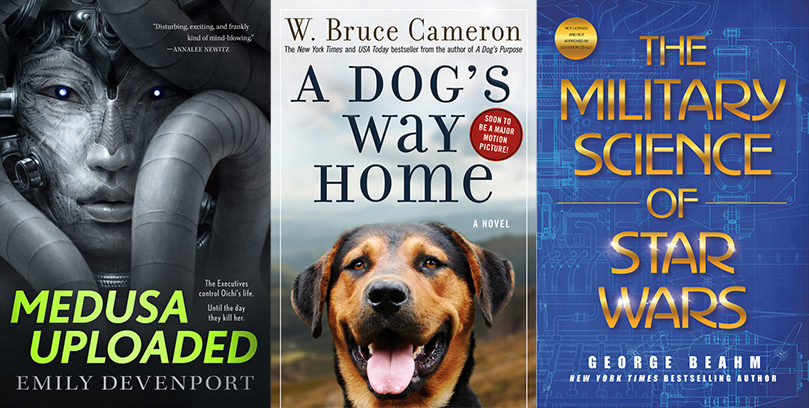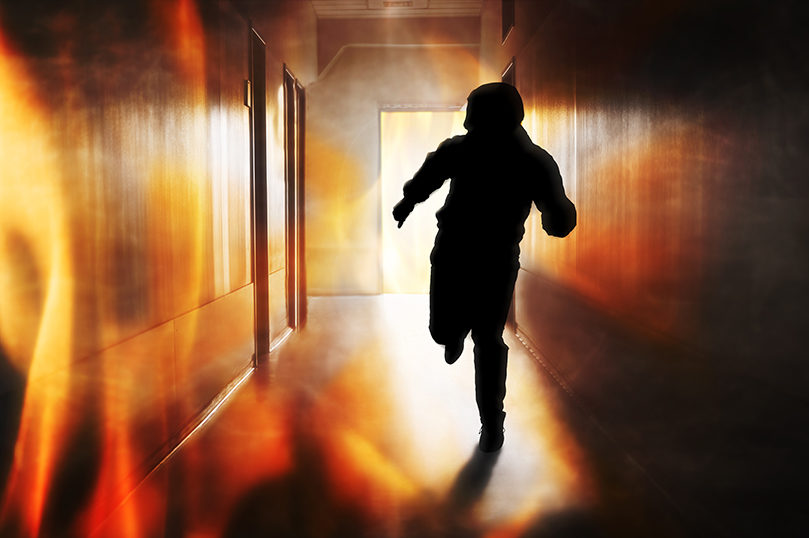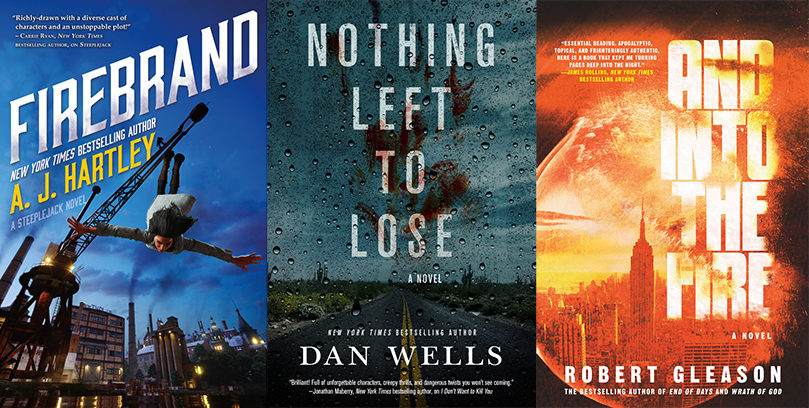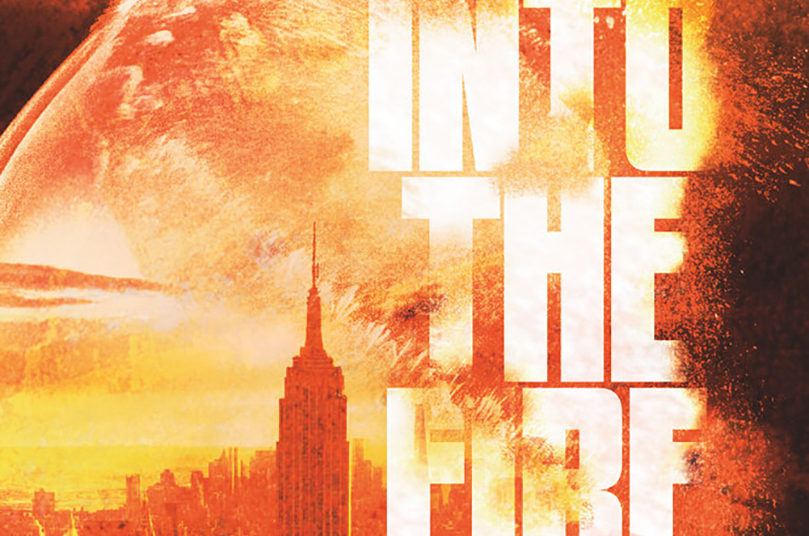
New Releases: 5/1/18
New from W. Bruce Cameron, George Beahm, Emily Devenport, and more!

New from W. Bruce Cameron, George Beahm, Emily Devenport, and more!

Blood pumping, heart racing, mind busy — these fast-paced thrillers will keep you warm (and distracted) during the freezing weather of winter!

New from Robert Gleason, Frank M. Robinson, A.J. Hartley, and more!

Robert Gleason brings readers’ worst fears surrounding nuclear terrorism to life in this character-driven, page-turning thriller. And Into the Fire will be available June 6th. Please enjoy this excerpt.